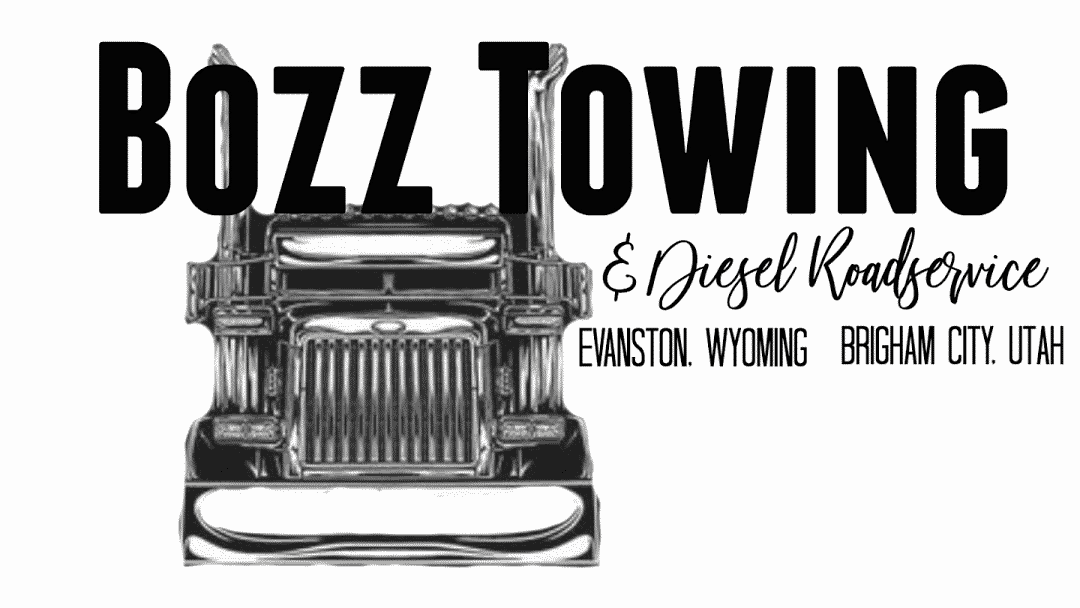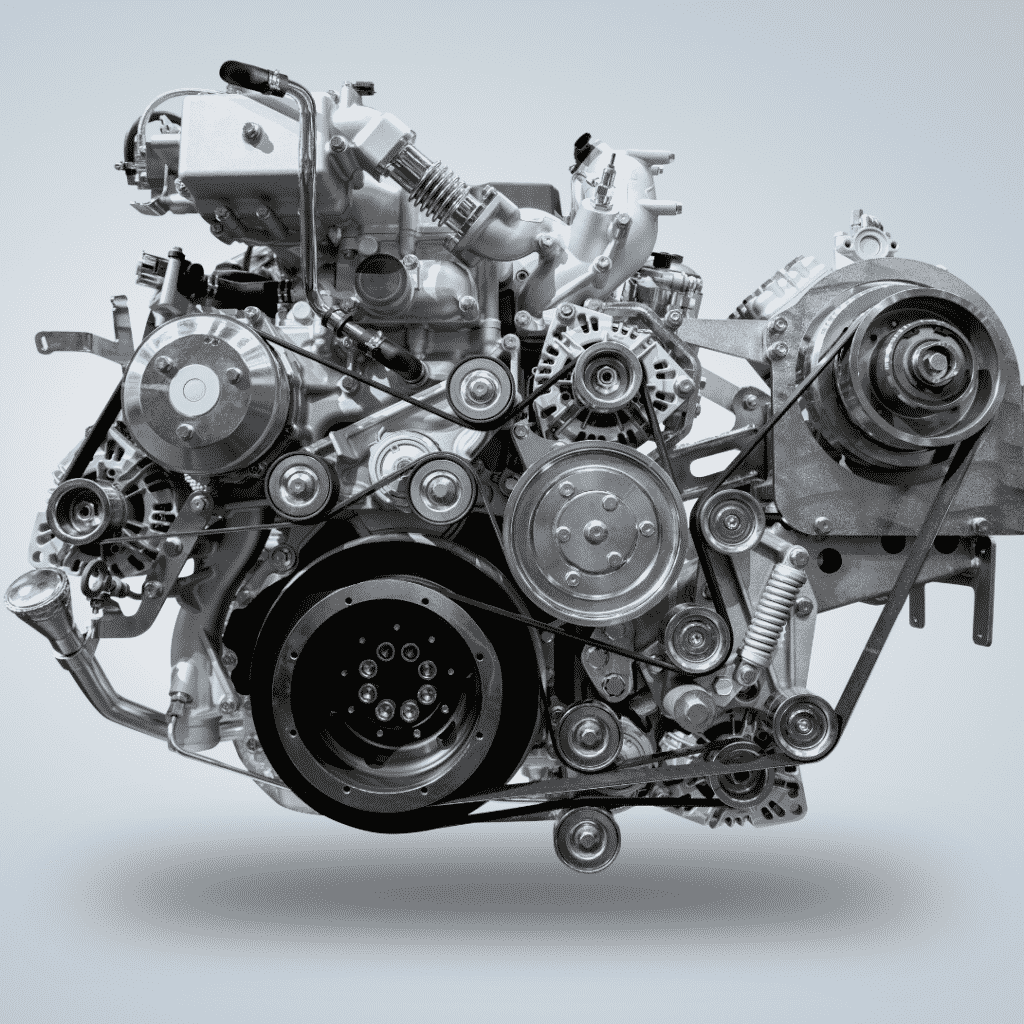If you’re a trucker, you know that burning oil is not a good sign. But what are the reasons for a diesel engine burning oil?
In this blog post, we’ll discuss some of the most common causes of oil burning in diesel engines. We’ll also outline some tips for preventing or fixing the issue. So, if you’re experiencing problems with your diesel engine, be sure to read this post!
Reasons Diesel Engines Burn Oil
Excessive oil usage occurs when your engine consumes more oil than is considered normal during regular operation. Because the liquid protects the components in an engine by lubricating them, it is extremely important.
Engines have a certain amount of oil that they naturally use. If an engine starts using too much oil, it means that there is a problem with the way it is designed or how it is being operated. It’s critical to understand the various indications if your diesel engine is producing more oil than necessary.
1. Excessive bearing clearance in the turbocharger
The bearings in the turbocharger are subjected to high strain during normal driving. However, the impeller seals will no longer provide a perfect seal if the turbocharger bearings are worn, due to the increased bearing clearance. The engine oil is sucked in and then burnt in the combustion chamber with the air/fuel mixture.
2. Worn valve stem seals and valve guides
If the clearance between the valve and the valve guide is too large, or if the valve stem seal has been damaged during installation, more oil will escape from the engine.
3. Abnormal combustion and fuel flooding
If there is too much fuel in the combustion chamber, it can lead to faulty combustion. This means that the fuel will not be completely burned, and unburned fuel will remain in the chamber. If there is any unburned fuel on the cylinder walls, it will cause mixed friction. The consequences of this are severe and rapid piston wear, piston rings, and cylinder running services, as well as high oil consumption.
4. Incorrect piston protrusion
If the piston protrusion is too high, it will cause the piston to collide with the cylinder head. This can damage the piston rings and cause oil consumption.
5. Damaged gaskets or seals
Oil can leak past worn crankshaft seals and gaskets, forcing you to refill the oil level frequently.
6. Worn injection pumps
In-line injection pumps usually have lubrication done via the engine’s oil circuit. Leaks in worn parts will cause the petrol and engine oil to mix together. This mixture of oil and diesel fuel is then injected into the combustion chamber during the fuel injection process and burnt.
7. Worn piston rings
If the combustion chamber is filled with fuel, unburned fuel remains in the chamber. Unburned fuel deposits on the cylinder walls cause muddled friction. Therefore, the effects of this are significant wear to pistons, piston rings, and cylinder running services, as well as high oil consumption.
8. High oil pressure
If the oil pressure in an engine is too high, it can cause oil to seep through worn seals and gaskets. This will result in the need to frequently refill your oil level.
9. Poor quality oil
If you are using low-quality oil or the wrong type of oil for your engine, it can cause increased wear and tear on engine parts. This will lead to higher consumption of oil.
10. Synthetic fluid
Some engines use synthetic oil to lubricate the moving parts. If you are using a synthetic oil in an engine that was not designed for it, this can also cause increased wear and tear on engine parts, and lead to higher consumption of oil.
11. Fluid viscosity
The viscosity of your oil also has an impact on how quickly it evaporates. A more viscous oil will require a thicker quantity of fluid to achieve the same level of consumption as a thinner oil would.
12. Coolant leaks
Coolant leaks can contaminate the engine oil, causing it to break down and lose its lubricating properties.
13. Old engine
As an engine ages, the parts begin to wear out. This will lead to higher consumption of oil.
14. Oil leaks
Oil leaks are a common problem that can lead to high oil consumption. Generally, the most common way this happens is when there is a leak in one of the components, like the valve cover. Thus, check the following areas for leaks:
- Crankcase breather
- Crankshaft
- Oil pan gasket
- Pistons
- Seals
- Valves
Leaks are caused by leaking components, poor seals, and faulty connections.
Knowing the reasons for diesel engines burning oil is important for proper maintenance and prevention. By being aware of the most common causes of this issue, you can take action to address them and keep your engine running smoothly.
How to Know When You Have Excessive Oil Consumption
If your diesel engine is burning oil, it’s important to be able to tell when the issue has become excessive. There are a few key signs that you can look for to indicate that your oil consumption is too high:
- You need to refill your oil level more frequently than usual
- Your vehicle emits blue or black smoke from the exhaust
- You can hear a loud knocking noise coming from the engine
- The oil level is low, even after you’ve just filled it
- Your vehicle’s performance has decreased
If you are experiencing any of these symptoms, it’s likely that your diesel engine is burning oil at an excessive rate. Contact a diesel mechanic to have the issue assessed and fixed.
How to Keep it from Happening
There are a few things you can do to help prevent your diesel engine from burning oil:
1. Use the Right Oil
Make sure you are using the right type of oil for your engine and change it regularly.
2. Check for Leaks
Frequently check for leaks in all components of your engine, including the seals and gaskets.
3. Perform Regular Maintenance
Make sure to perform regular maintenance on your diesel engine, including oil changes, to help prevent excessive wear and tear.
4. Use Synthetic Oil Sparingly
If your engine is designed for synthetic oil, use it sparingly to help prevent excessive wear and tear.
5. Upgrade Your Engine
If your diesel engine is old and starting to show signs of excessive wear and tear, consider upgrading to a newer model.
6. Oil Additives
Engine oil additives can help to increase the lubricating properties of your oil, which can help to prevent excessive wear and tear on engine parts.
7. Use Higher Viscosity Oil
If you are using synthetic oil, use a higher viscosity oil to help prevent evaporation.
8. Monitor Your Coolant Levels
Make sure to monitor your coolant levels and keep them topped up to help prevent contamination of your oil.
9. Use the Correct Fluids
Only use the fluids that are specified for use in your diesel engine to help prevent excessive wear and tear.
10. Follow the Maintenance Schedule
Make sure to follow the maintenance schedule for your diesel engine. Regular care makes all the difference.
By following these tips, you can help prevent your diesel engine from burning oil excessively.
If you’re experiencing excessive diesel engine oil consumption, don’t worry. There are many potential causes, and we can help you find the root of the problem. We have a team of experts who can diagnose the issue and provide a solution so that your engine runs smoothly – without using up all of your oil. For diesel engine services, contact us today to get started!

